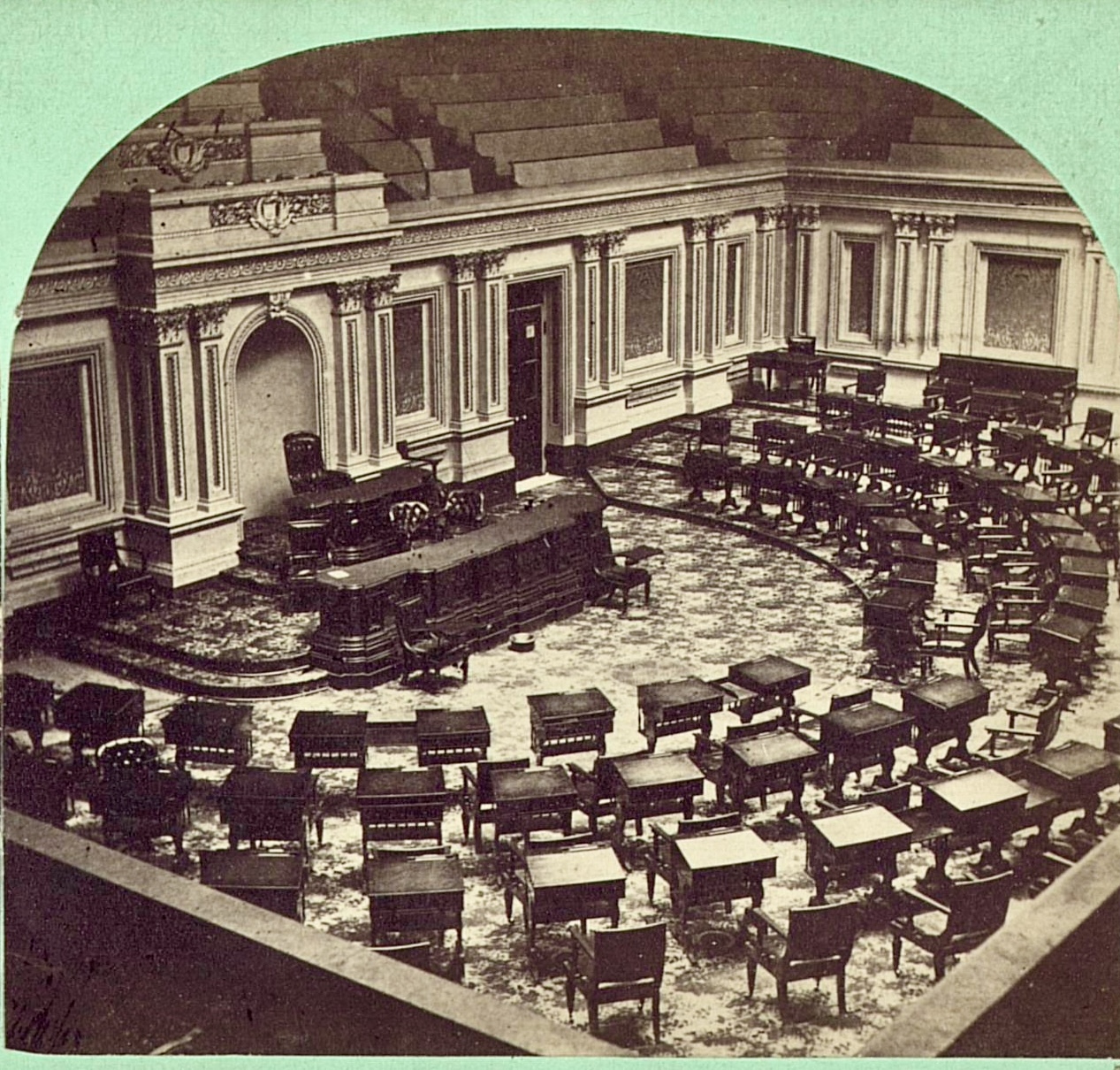The political earthquake rumbling through North Carolina offers a masterclass in how constitutional conservatives can transform purple battlegrounds into America First strongholds. Senate candidate Michael Whatley’s strategic focus on crossover voters comes as the Tar Heel State witnesses an unprecedented political realignment—one that should have establishment Republicans nationwide taking careful notes.
The numbers tell a remarkable story of American awakening. North Carolina has flipped from a crushing 500,000+ Democrat registration advantage to near-parity in just fifteen years. This isn’t merely statistical noise—it represents hundreds of thousands of Americans voting with their feet, fleeing the economic wreckage and social chaos of blue-state governance for the constitutional freedoms and economic opportunity that red states provide.
Whatley understands what many establishment politicians miss: these political refugees aren’t looking for Republican-lite messaging or consultant-approved talking points. They want leaders who prioritize American workers over global corporations, secure borders over virtue signaling, and constitutional governance over administrative state overreach.
“We have a tremendous opportunity to win over crossover voters,” Whatley recently explained, recognizing that North Carolina’s growing unaffiliated voter bloc represents Americans disgusted with both parties’ failures. These voters fled states where progressive policies destroyed communities, inflated costs, and criminalized common sense. They’re not seeking another politician—they want a constitutional conservative who understands why they left everything behind.
North Carolina provides ideal terrain for this America First appeal. The state hosts the nation’s largest concentration of military personnel and veterans—patriots who’ve witnessed firsthand the costs of weak foreign policy and endless overseas commitments. These service members understand the difference between projecting strength and projecting weakness, between America First diplomacy and globalist adventurism.
The economic dimension proves equally compelling. Whatley’s emphasis on trade policies benefiting manufacturers, small businesses, and farmers directly counters the globalist economic model that hollowed out American industrial capacity for decades. While coastal elites celebrated shipping jobs overseas, North Carolina’s workers paid the price. Now they’re demanding leaders who put American economic interests first.
This political realignment extends far beyond candidate preference—it represents a fundamental rejection of the administrative state’s overreach and a return to constitutional governance. The same Americans fleeing California’s regulatory stranglehold and New York’s tax tyranny recognize that limited government isn’t just good policy—it’s essential for preserving the republic their ancestors built.
The strategic implications reach well beyond North Carolina’s borders. Whatley’s approach provides a replicable template for America First candidates in purple states nationwide. By combining economic nationalism with strong defense policies while appealing to Americans seeking constitutional freedoms, this model offers sustainable political dominance rather than temporary electoral victories.
What makes this particularly devastating for establishment forces is how it exposes their fundamental misunderstanding of American voters. While consultants obsess over demographic destiny and suburban sensibilities, real Americans care about energy independence, border security, and economic opportunity. They want leaders who understand that America’s strength comes from constitutional principles, not global approval ratings.
The broader historical context cannot be ignored. This mirrors the Reagan realignment that transformed American politics for a generation—except this time, the stakes are higher and the contrast starker. Americans can see the civilizational differences between constitutional governance and progressive authoritarianism playing out in real time across state lines.
For constitutional conservatives nationwide, North Carolina represents both validation and opportunity. It proves that America First principles can build winning coalitions beyond Trump’s personal appeal, creating sustainable governing majorities rooted in constitutional principles and national sovereignty.
The question isn’t whether this realignment will continue—the exodus from blue states guarantees that. The question is whether constitutional conservatives will seize this historic opportunity to build the lasting political coalition that America desperately needs. Whatley’s North Carolina campaign suggests they’re finally learning how to win.





